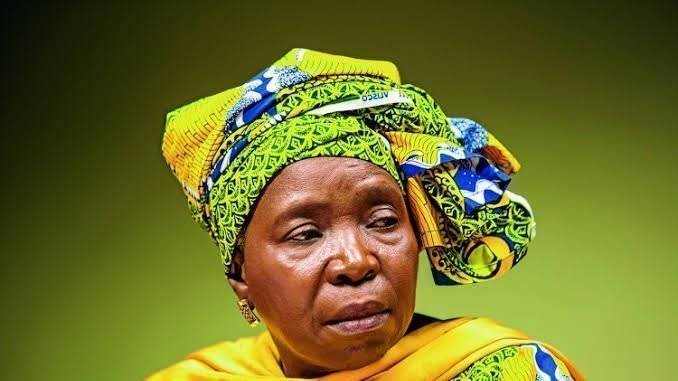
Government has issued new regulations as part of the national state of disaster for load shedding, which could make it easier to sell and generate power – and will give ministers the power to exempt some facilities from load shedding.
Earlier this month, Minister for Cooperative Governance and Traditional Affairs Nkosazana Dlamini-Zuma gazetted a new declaration of a national state of disaster.
On Monday, Dlamini-Zuma gazetted new disaster regulations aimed at boosting electricity generation, and improving Eskom's plant performance - but also exempt load shedding on essential infrastructure. This includes hospitals, water treatment plants, rail and ports, food production and storage facilities, as well as critical electronic communication and broadcasting infrastructure.
Former Eskom CEO André de Ruyter warned that trying to halt load shedding at all hospitals and other services could trigger a national blackout. In an affidavit following an urgent court bid launched by the United Democratic Movement (UDM), Inkatha Freedom Party, Action SA, the National Union of Metalworkers and other organisations, De Ruyter warned that it would put "immense strain" on the system.
Eskom also noted that it would be technically impossible to isolate and exclude most institutions from load shedding, given how embedded they are in Eskom's transmission and distribution networks, and that they share distribution lines with thousands of other customers.
The new state of disaster regulations also allow for selling electricity generated by private and state groups to licensed distributors. The regulations also say that rules need to be issued for these distributors to create billing mechanisms for small-scale embedded electricity, and for the wheeling of electricity.
Wheeling will allow for electricity producers to sell their power to customers far away – using the Eskom grid. Eskom will charge them for the wheeling.
Other regulations include:
- Expedited imports of electricity by Eskom from neighbouring countries.
- All national, provincial and local government institutions must adopt energy-saving measures. They must also install alternative power to ensure that health facilities, water infrastructure and other essential infrastructure have uninterrupted power.
- Exemptions or expedited approvals for land to be used for energy generation. Also, it allows for access to servitudes on public and private land for Eskom and Eskom group companies to expand the national transmission work.
- Cellphone operators and broadcasters must issue public service announcements on the national state of disaster at no cost to users.
- The expedited recruitment of skilled personnel and appointment of original equipment manufacturers by Eskom.
- The regulations require water boards and municipalities to revise the minimum operation levels for reservoirs, increase water treatment and reservoir storage capacity, and revise water treatment schedules to maximise water treatment while electricity is available.
- Exempting water boards (or municipalities that are water service authorities) from penalties for exceeding the notified maximum demand during periods of load shedding
The regulations also allow for emergency procurement, and require that the Auditor General should conduct audits and reports on accounts in real-time.

